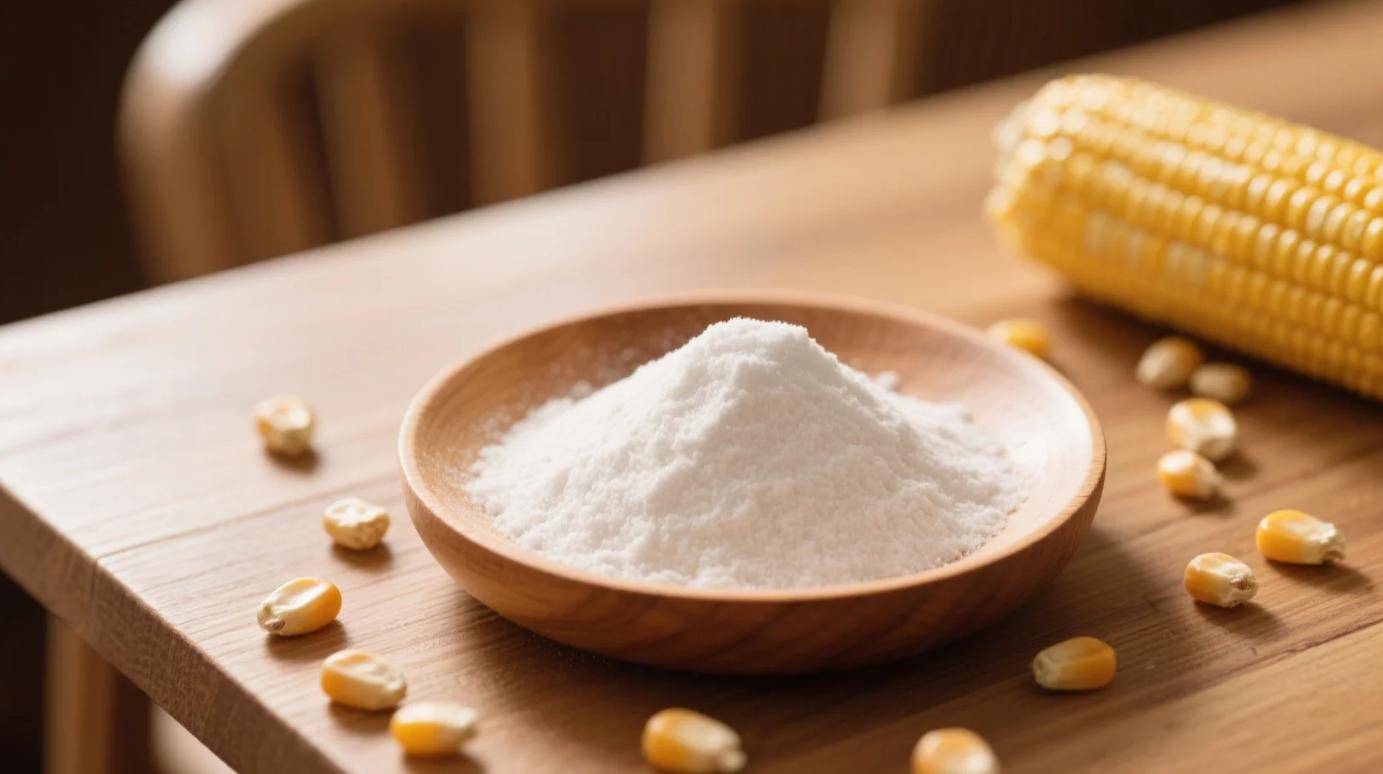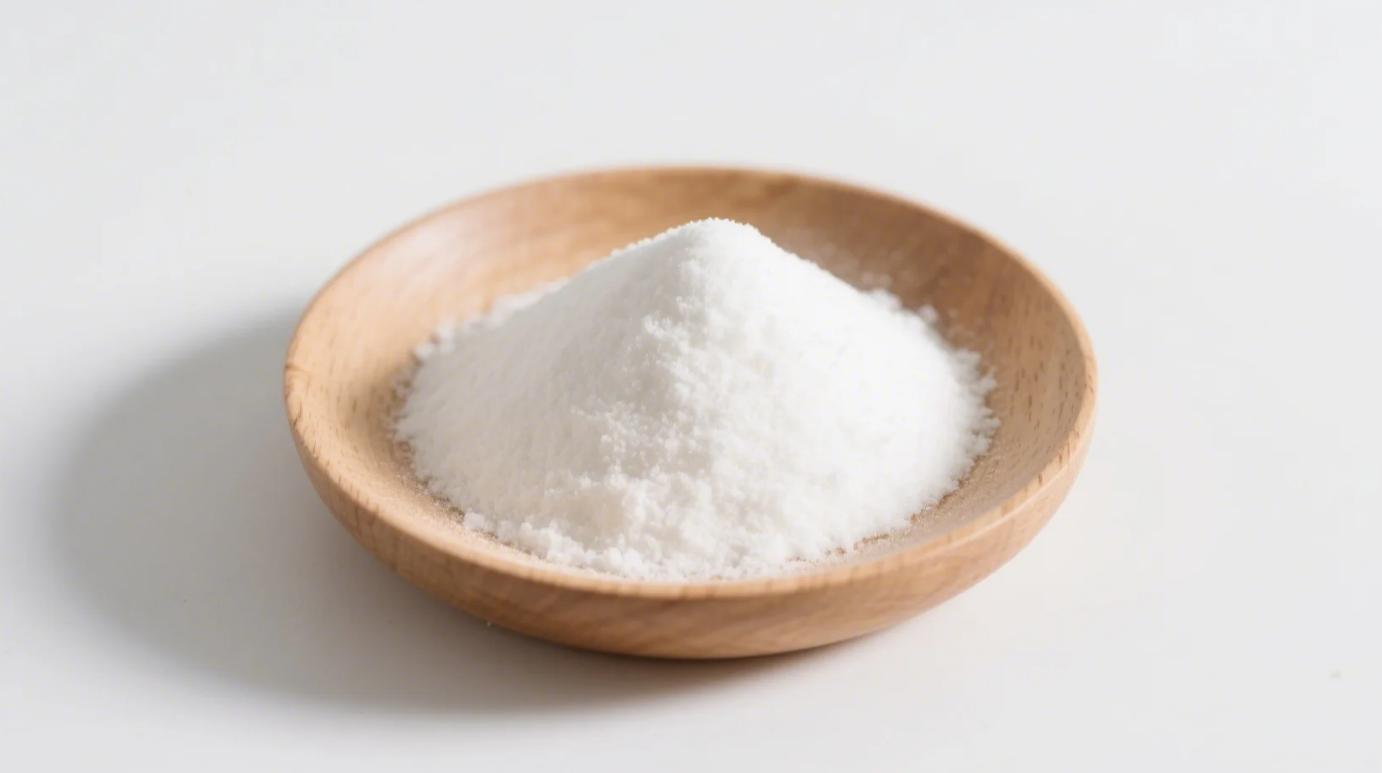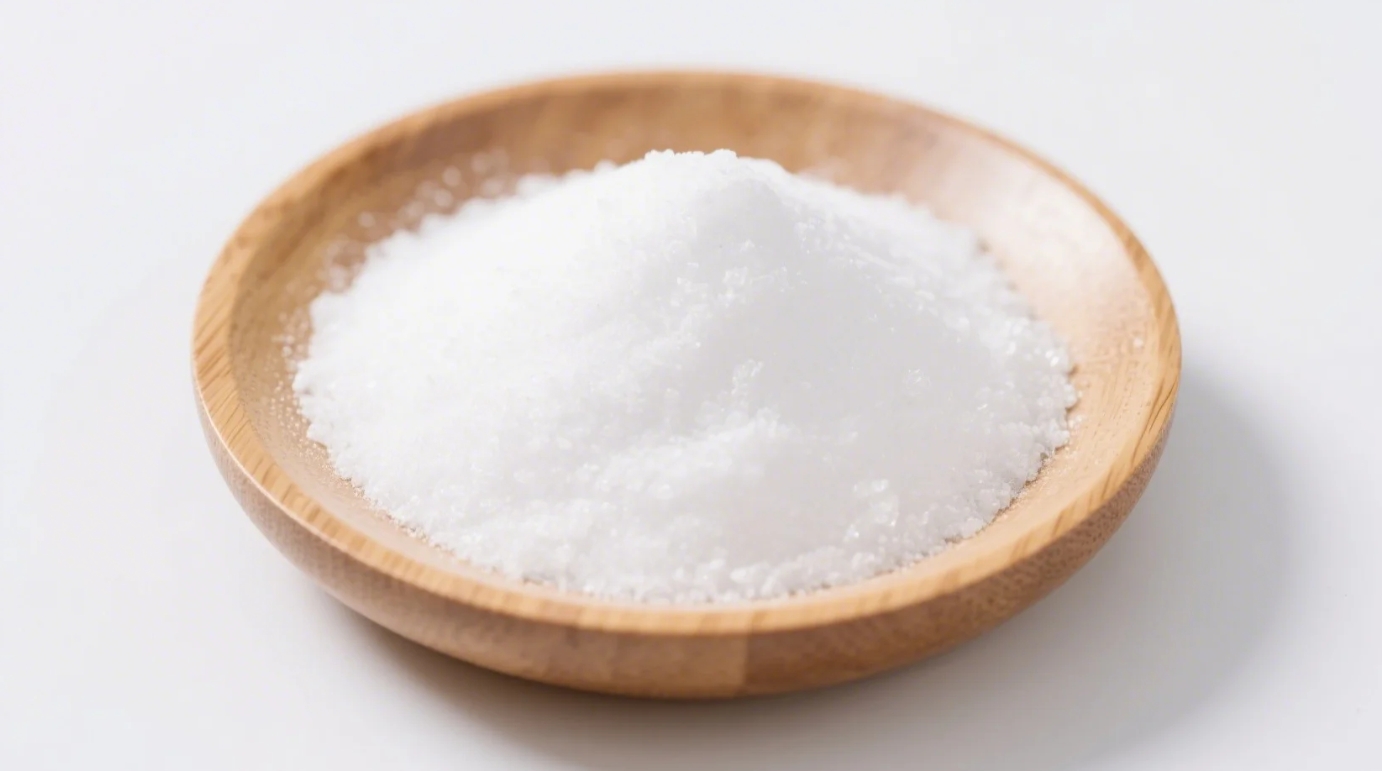What Is Isomaltitol?
Isomaltitol (also called isomalt) is a sugar alcohol derived from beet sugar. Through enzymatic processing, sucrose is converted into a low-calorie sweetener that’s 50% as sweet as sugar. Popular in sugar-free gums, diabetic chocolates, and baked goods, organic isomaltitol is now gaining traction as a “clean label” alternative. But is it safe for daily use? Let’s separate fact from fear.

The Safety Stamp: Regulatory Green Lights
Major health authorities endorse isomaltitol’s safety:
- FDA: GRAS (Generally Recognized as Safe) since 1990.
- EFSA: Approved for EU markets with no daily intake limit (ADI not specified).
- WHO: Classifies it as non-cariogenic (doesn’t cause tooth decay).
Organic Certification Adds Assurance: ✅ No synthetic pesticides (common in conventional beet farming).
✅ Non-GMO sourcing (unlike some corn-derived sweeteners).
✅ Free from hexane or harsh solvents in processing.
The Benefits: Why Isomaltitol Shines
- Low Glycemic Impact (GI = 2): Safe for diabetics—barely affects blood sugar.
- Tooth-Friendly: Not metabolized by oral bacteria, reducing cavity risk.
- Heat-Stable: Perfect for baking (unlike aspartame or stevia).
- Half the Calories of Sugar: 2.1 kcal/g vs. 4 kcal/g.
The Dark Side: Potential Risks and Side Effects
1. Digestive Distress
Like most sugar alcohols, isomaltitol can cause:
- Bloating and Gas: Fermented by gut bacteria, producing CO₂ and hydrogen.
- Laxative Effect: Doses >20–30g/day may trigger diarrhea (studies show 10% of users are sensitive).
Organic vs. Conventional: Purity doesn’t reduce these effects—they’re inherent to sugar alcohols.
2. Allergic Reactions (Rare but Possible)
- Beet Allergy Cross-Reactivity: Rare cases linked to beet-derived isomaltitol.
- Migraine Trigger: Anecdotal reports in individuals sensitive to sugar alcohols.
3. Environmental Concerns
- Conventional isomaltitol relies on monoculture beet farms (soil degradation).
- Organic Isomaltitol: Supports crop rotation and biodiversity.
Isomaltitol vs. Other Sweeteners: Safety Compared
| Sweetener | Calories/g | Glycemic Index | Tooth-Friendly | Common Side Effects |
|---|---|---|---|---|
| Isomaltitol | 2.1 | 2 | ✅ | Bloating, diarrhea (high doses) |
| Erythritol | 0.2 | 0 | ✅ | Cooling aftertaste, nausea |
| Xylitol | 2.4 | 13 | ✅ | Toxic to dogs, bloating |
| Sucralose | 0 | 0 | ❌ | Migraines, gut dysbiosis debate |
| Cane Sugar | 4 | 65 | ❌ | Cavities, blood sugar spikes |
Winner for Baking: Isomaltitol’s stability edges out erythritol and xylitol.
Who Should Avoid Isomaltitol?
- IBS or SIBO Sufferers: Sugar alcohols aggravate gut fermentation.
- Low-FODMAP Dieters: Isomaltitol is a polyol (high-FODMAP category).
- Pet Owners: While safe for humans, keep away from dogs (less toxic than xylitol but still risky).
Organic Isomaltitol: Does Purity Matter?
Conventional isomaltitol may carry residues from:
- Glyphosate: Used on GMO sugar beet crops.
- Bleaching Agents: Like sulfur dioxide in processing.
Organic Certification Ensures:
- Non-GMO, pesticide-free beet sourcing.
- Enzymatic processing without harsh chemicals.
- Eco-friendly production (reduced water waste).
Expert Tips for Safe Consumption
- Start Small: 5–10g/day to test tolerance.
- Pair with Fiber: Chia seeds or oats slow fermentation.
- Avoid on Empty Stomach: Take with meals to minimize gas.
- Hydrate: Water helps ease digestive discomfort.
The Verdict: Safe for Most, But Not Perfect
Organic isomaltitol is a safe, low-risk sweetener for the majority when used in moderation. Its dental benefits and blood sugar neutrality make it superior to table sugar, but digestive side effects can’t be ignored. For clean-label seekers, organic versions eliminate concerns about GMOs and pesticides—yet it’s still a “sometimes food,” not a free pass to overindulge.
Sweeten wisely. Your gut will thank you.
Related Products
Organic Isomaltitol Powder
Zero-Glycemic, Heat-Stable Sugar Substitute for Sugar-Free & Clean-Label Applications
Organic Xylitol
Natural Sugar Alcohol for Tooth-Friendly, Low-Glycemic Formulations

